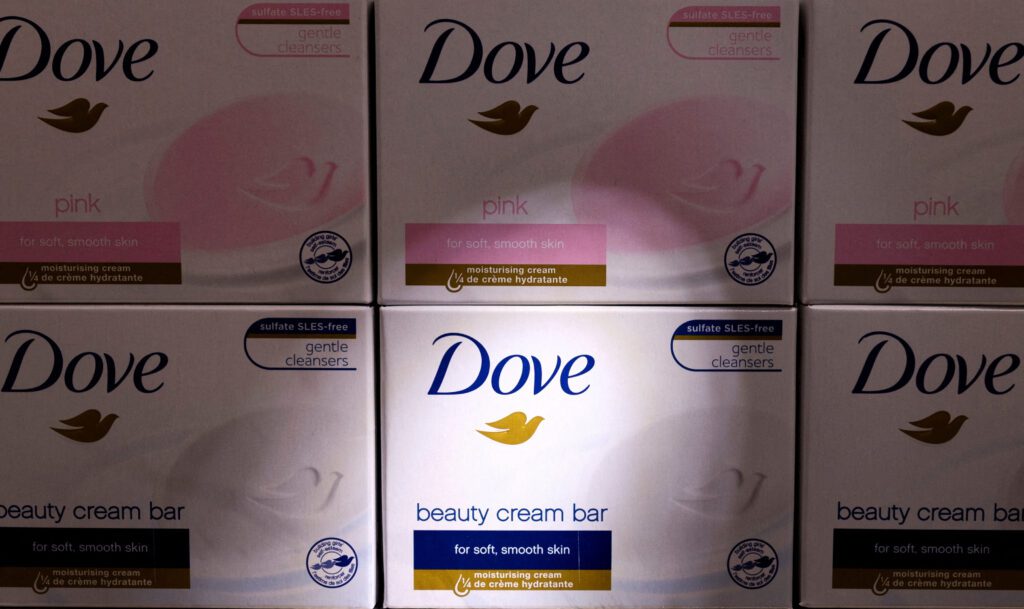- Web
- Feb 05, 2026
Unilever quarterly sales beat estimates, boost shares
-

- Hum News
- Jul 25, 2023

LONDON, (Reuters): Unilever on Tuesday beat underlying sales growth forecasts after again raising prices to offset higher costs, boosting shares in the maker of Dove soap and Ben & Jerry’s ice cream.
The British company reported a 7.9 per cent rise in underlying second-quarter sales, beating analysts’ average forecast of 6.4 per cent, a company-provided consensus showed.
The company said it expects underlying sales growth for the full year to be above 5 per cent, ahead of its multi-year range, with underlying price growth continuing to moderate through the year.
“My early immersion in the business has confirmed my belief in Unilever’s strong fundamentals,” new CEO Hein Schumacher said in a statement. These are Schumacher’s first Unilever results, having taken over from Alan Jope earlier this month.
Underlying price growth for the second quarter was 8.2 per cent while underlying volumes fell by 0.3 per cent, beating analysts’ expectations of 7.7 per cent and a drop of 1.2 per cent, respectively.
Shares in Unilever following the results were up 5 per cent at 4,221 pence as of 0851 GMT.
“What the market’s taking positively today is that you haven’t seen a sharp decline in volumes despite them pushing through pricing,” said Richard Saldanha, a fund manager at Unilever investor Aviva.
Unilever said it expects net material inflation for 2023 to be around 2 billion euros of which 400 million is anticipated in the second half.
In February it had forecast net material inflation for the first half at around 1.5 billion euros, saying it would continue to raise prices in the first half of the year and ease up on those hikes in the second half.
“We’re past peak inflation now, but there will continue to be a high level of pricing growth within our reported numbers,” finance chief Graeme Pitkethly said on a call with journalists on Tuesday. “The majority of pricing you’ll see is carry forward pricing as we roll through the quarters.”
“Where we’re really shifting the business in terms of focus is towards volume growth,” he said, adding it “remains quite volatile and uncertain but we’re definitely trending in the right direction.”
“It’s a nice positive surprise because margins have come in at 17.1 per cent,” said Jochen Kurz, fund manager at German Unilever investor Kahler & Kurz Capital, referring to the company’s first-half underlying operating margin.
“But if you look beyond that, the old CEO Alan said he expected margin expansion in 2023 and 2024 – we haven’t seen that so far, we have basically seen a flat operating margin.”
“Unilever could do much better,” Kurz added.




